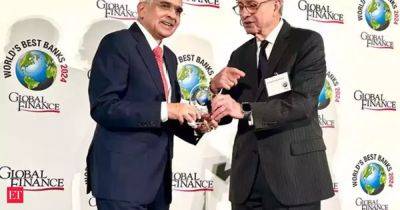OpenAI’s for-profit pivot is not surprising
Subscribe to enjoy similar stories. At a recent tech industry event, a software engineer approached me and said he was in the middle of looking for a job, and that the next company he worked for needed something special: a mission. Silicon Valley—and the tech industry more generally—has long maintained an ethos of saving the world.
The belief is so prevalent that it was mocked on HBO’s show Silicon Valley in a montage of startup founders all promising to “make the world a better place" with their ultra-niche product or service. The latest news about OpenAI’s evolution, from non-profit research lab to an investor-friendly for-profit growth machine, is a stark reminder that the ‘mission’ shtick doesn’t last long in a region awash with money and dominated by incumbents. It’s time that job-hunting engineer and the rest of us become more wary of such feel-good pronouncements.
The tech industry has always been well-suited to grand narratives about changing the world. It’s not just that tech products have altered the way we live and work, but the rapid pace of those changes makes grand claims plausible. It’s easy to wrap broad, aspirational messaging around an abstract product like social media or AI.
But over time, the side effects of these services become apparent. Alphabet’s Google was founded with the motto “don’t be evil," then went on to dominate the online search market, collect egregious levels of personal data and sideline the members on its AI ethics research teams. Meta Platforms Inc’s original mission was to “bring the world closer together," but Facebook has allowed misinformation and conspiracy theories to spread, polarizing us and trapping us in “echo chambers," while Instagram has dented young people’s mental
. Read more on livemint.com

 livemint.com
livemint.com





















